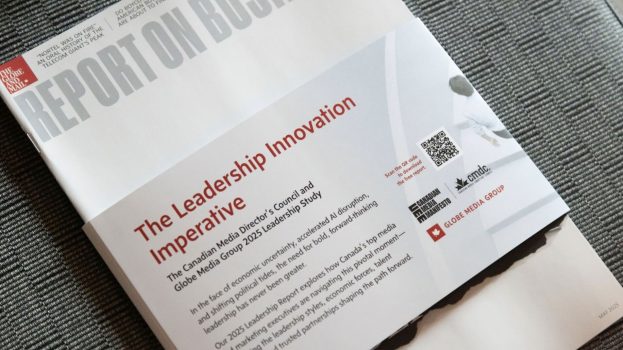In a move that would have been anathema to both companies only a short time ago, Novopharm and Merck Frosst Canada have joined forces to bring a generic pharmaceutical product to market.
Toronto-based Novopharm is a Canadian-owned firm and one of the country’s leading generic drug makers.
Merck Frosst is a u.s-based brand-name drug maker with offices around the world. Its Canadian division is headquartered in Kirkland, Que.
On Feb. 26, the two firms signed an agreement that will see Novopharm distribute and market Merck Frosst’s anti-ulcer product famotidine under the name Novo-Famotidine.
Merck Frosst markets the product under the brand name Pepcid.
Astonishingly, Novopharm and Merck Frosst were not even on speaking terms only weeks ago, when the furor over Ottawa’s then-proposed drug-patent law, Bill C-91, was in full swing.
The controversial bill, which was passed into law Feb. 4, proposed the elimination of the Patent Act’s compulsory licensing system, which required brand-name drug makers to license their patented products to Canadian generic makers.
As well, the bill proposed guaranteeing patent protection on new drugs for a period of 20 years, three years longer than was then the case.
What brought the two formerly bitter enemies together was the discovery in Jan. by Novopharm that Toronto-based Apotex, one of Novopharm’s competitors in the generic field, had found a way to make Pepcid that evaded the patent legislation.
This meant Apotex would be able to launch a generic copy of the brand before the Nov., 1993 expiry of the patent, which was when Novopharm was intending to launch a generic famotidine of its own.
Pepcid is one of the leading anti-ulcer medications in a drug class known as H2 Antagonists.
Other brands in the category include Tagamet, made by Smithkline Beecham Pharma of Oakville, Ont., and Zantac, made by Toronto-based Glaxo Canada.
Novopharm was concerned Apotex would launch its product well in advance of the patent expiry date (in fact, Apotex’ famotidine began appearing in pharmacies last month) and use the time advantage to develop an insurmountable market share lead.
So Novopharm approached Merck Frosst with the proposal that both firms would benefit if they took on Apotex as a team.
Under the deal that was ultimately agreed to, Merck Frosst has granted Novopharm the right to launch Novo-Famotidine before the expiry date, and it will act as Novopharm’s supplier.
In return, Novopharm will share the profits with Merck Frosst.
It is not uncommon in Canada for generic brands to steal 50% – and sometimes much more- of the sales of brand-name drugs.
Novopharm, which works with two Toronto ad agencies, Brighthouse and Syrograph, launched Novo-Famotidine earlier this month.
Andrea Dan, communications manager for Novopharm, says the agreement is a reflection of the new business environment in the pharmaceutical industry brought about by the passing of the Bill C-91.
Dan says generic manufacturers are no longer able to cherry-pick products from the brand-name manufacturers before the patent expires, so the brand-name firms, which spend fortunes developing drugs, no longer view the generic firms as the kind of threat to their business they did in the past.
Dan says that prior to Bill C-91 becoming law, Novopharm would have manufactured the generic itself or sourced it from a third party.























